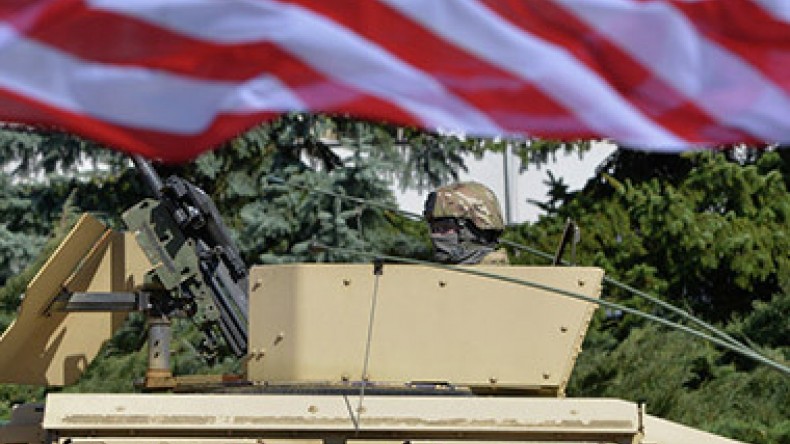
US protection not a 'silver bullet' for its allies – US experts
America’s allies should not expect Washington to use its military force in response to every local challenge and consider the US’ protection as a sort of a "silver bullet," US experts noted, according to Sputnik.
Although Washington realizes the importance of defending its allies, they should not expect the US’ protection to be a "silver bullet" – a fail-safe solution to all their problems, noted Brad Glosserman, the executive director of the Pacific Forum CSIS (Center for Strategic and International Studies) and his colleague, David Santoro, a senior fellow at the institute.
The US’ task of reassuring its allies is especially arduous in Northeast Asia, where South Korea and Japan are facing geopolitical challenges from North Korea and China, which are flexing their military muscle in the region.
However, America's Asian allies should not expect Washington to use its force in response to every local incident that occurs, the experts stressed.
"As President Obama put it in his commencement address at West Point last year, "Just because we have the best hammer does not mean that every problem is a nail," the authors noted.
According to the experts, America's allies should not urge Washington to move its nuclear arsenal to Northeast Asia and expect too much from nuclear weaponry deterrence.
The authors revealed that Seoul had repeatedly called upon the US leadership to redeploy its tactical systems to the Korean Peninsula in order to threaten Pyongyang.
The deployment of nuclear weaponry on the Korean Peninsula could aggravate tensions among the US allies and undermine Washington's interests "in upholding nonproliferation rules and norms," the experts elaborated.
At the same time, Tokyo and Seoul should not expect Washington to sacrifice bilateral cooperation with Beijing for its Asian allies' interests.
"There will be times when American and Chinese interests may be more closely aligned than those of the United States and its allies," the authors emphasized, adding, however, that "Tokyo and Seoul should rest assured that US officials and experts regularly remind Beijing of its obligations to its allies."
Furthermore, Washington's allies in the East Asian region should also get used to the fact that the US leadership's attention will not be solely devoted to them and their problems, since the United States has always been involved in international affairs across the globe, especially in the Middle East and Europe, the experts emphasized.
So far, Washington and its allies face a serious dilemma: while Americans admit that reassurance is not as easy as pie, its allies sometimes lack confidence that the US is ready to stand for them. Alas, "[Washington] is capable of foreign-policy lurches, indulges in ahistorical reasoning, and permits domestic politics to override strategic assessments," the experts pointed out.
Newsfeed
Videos






























